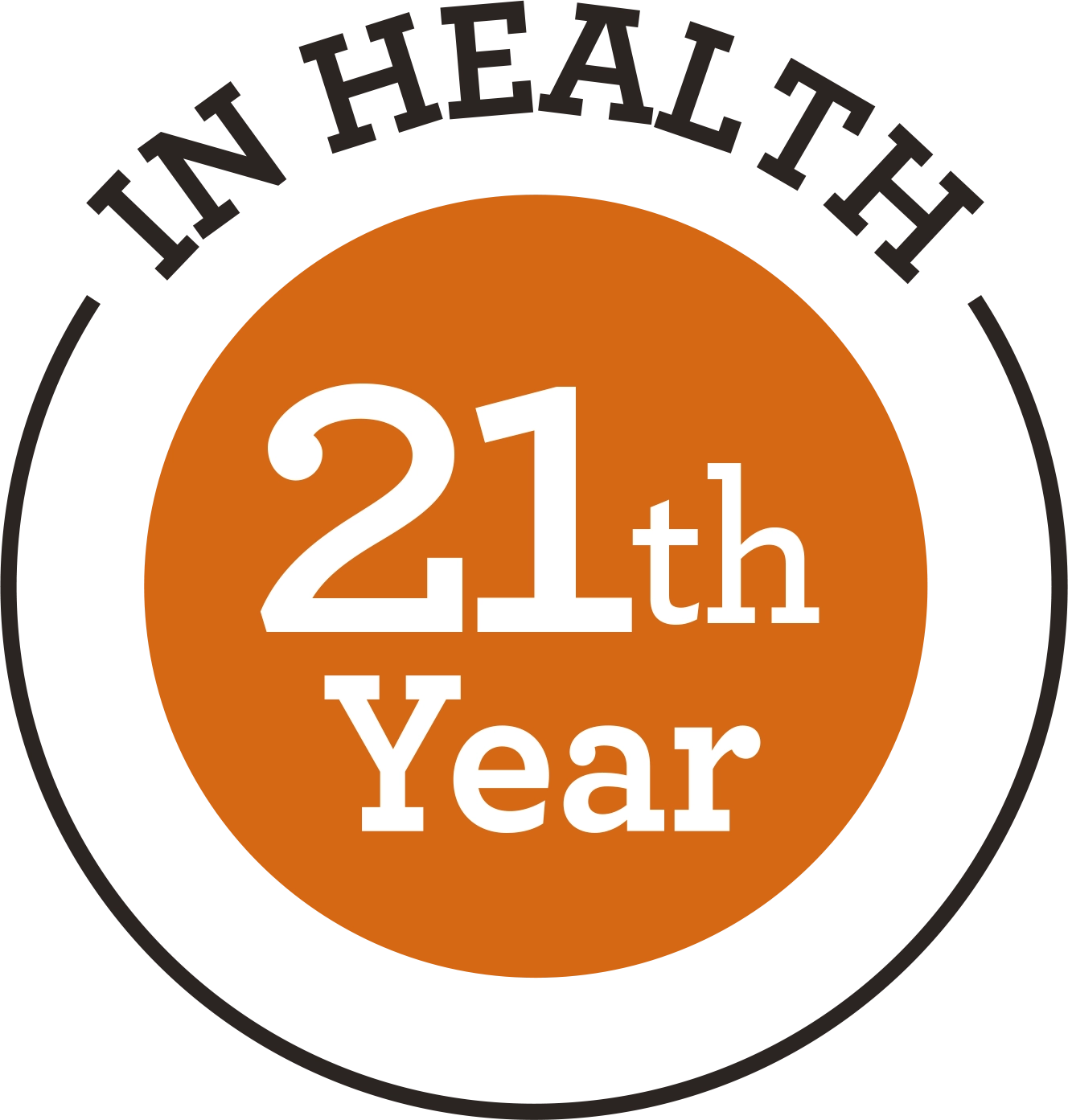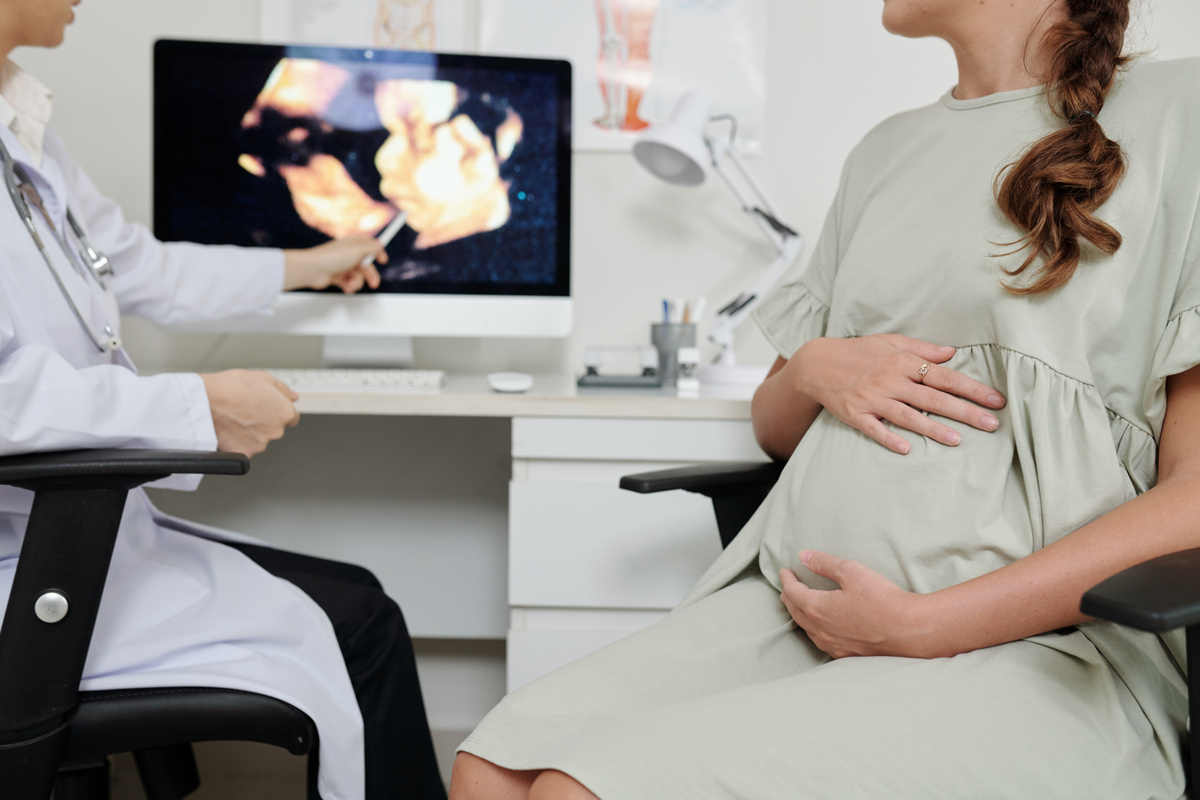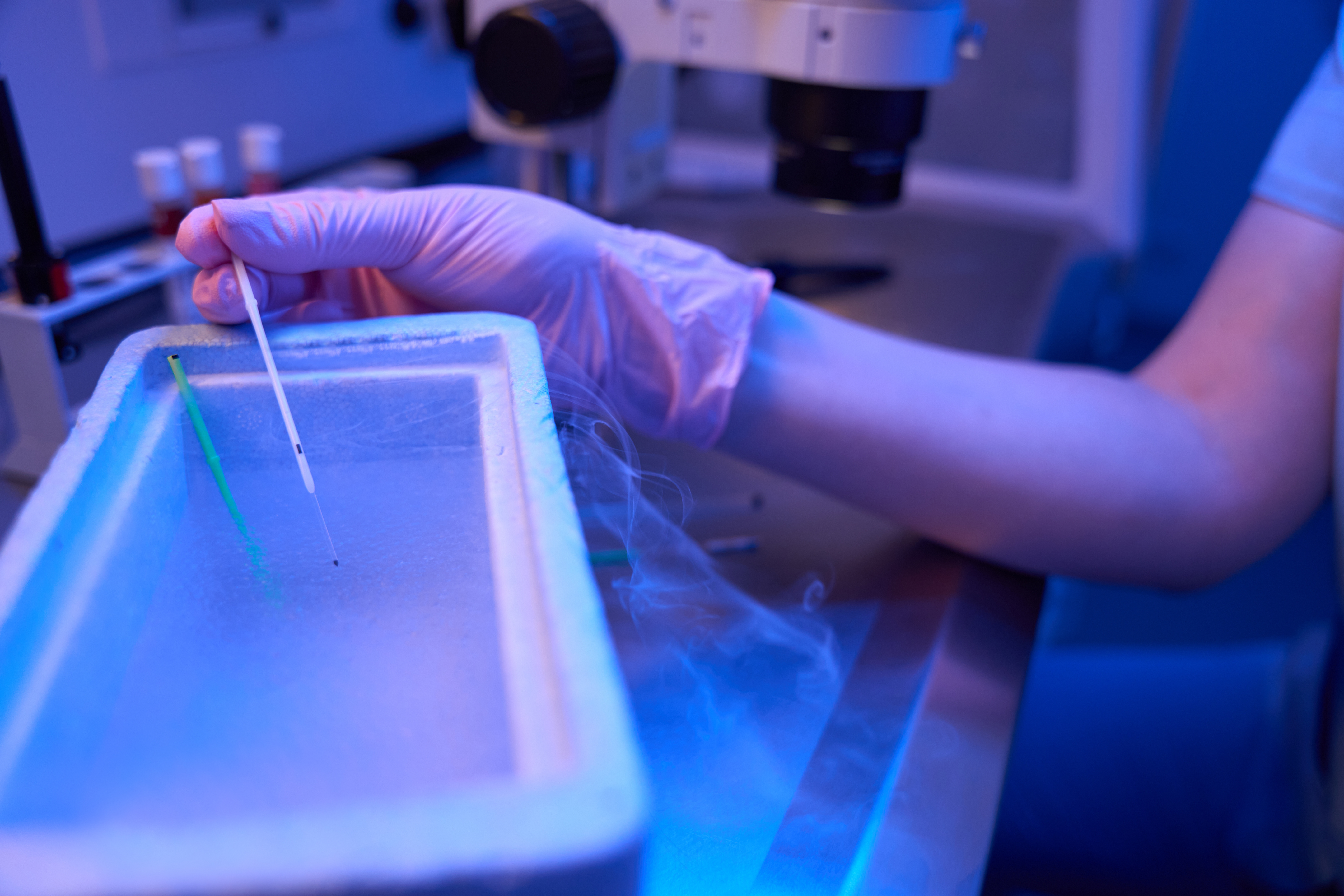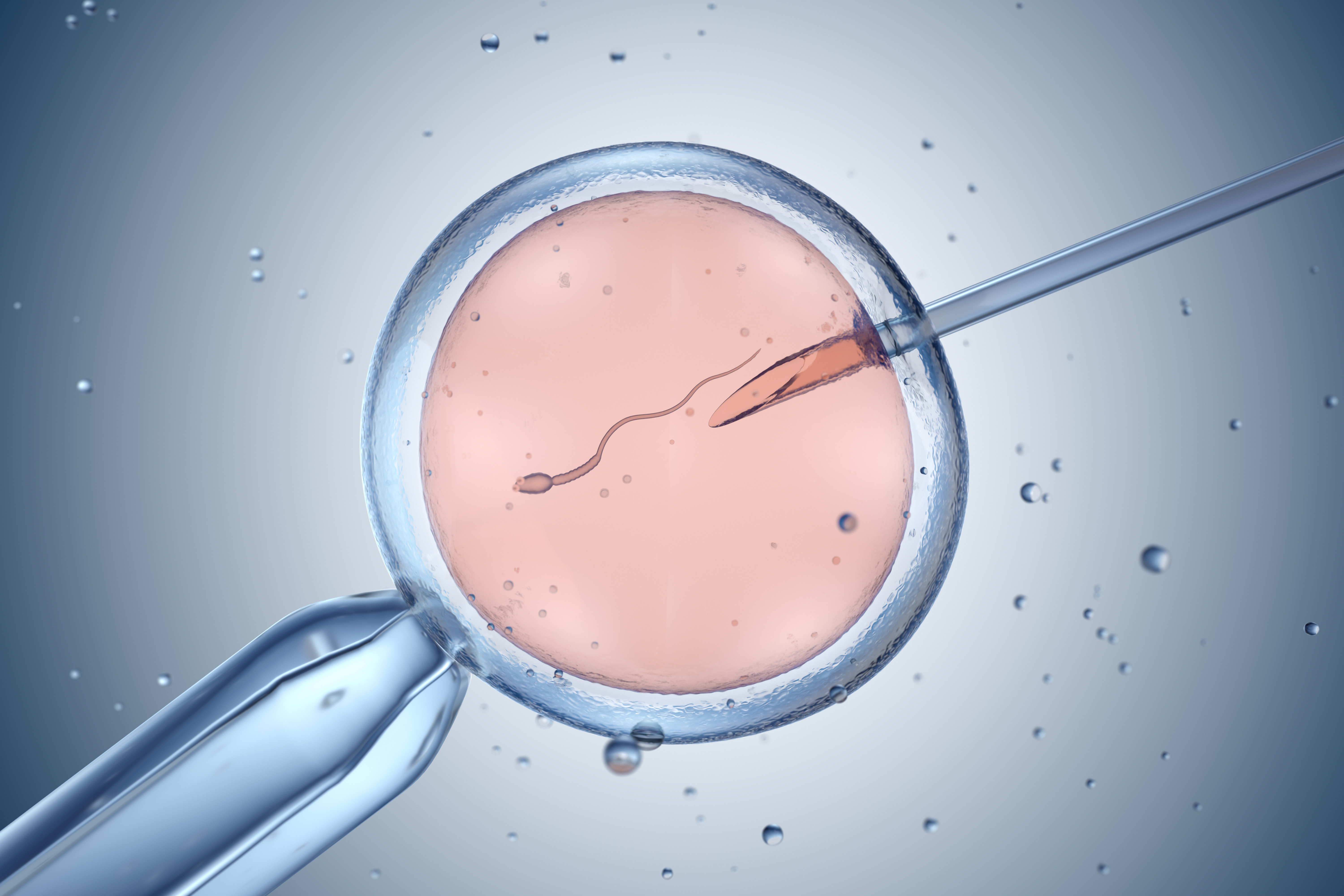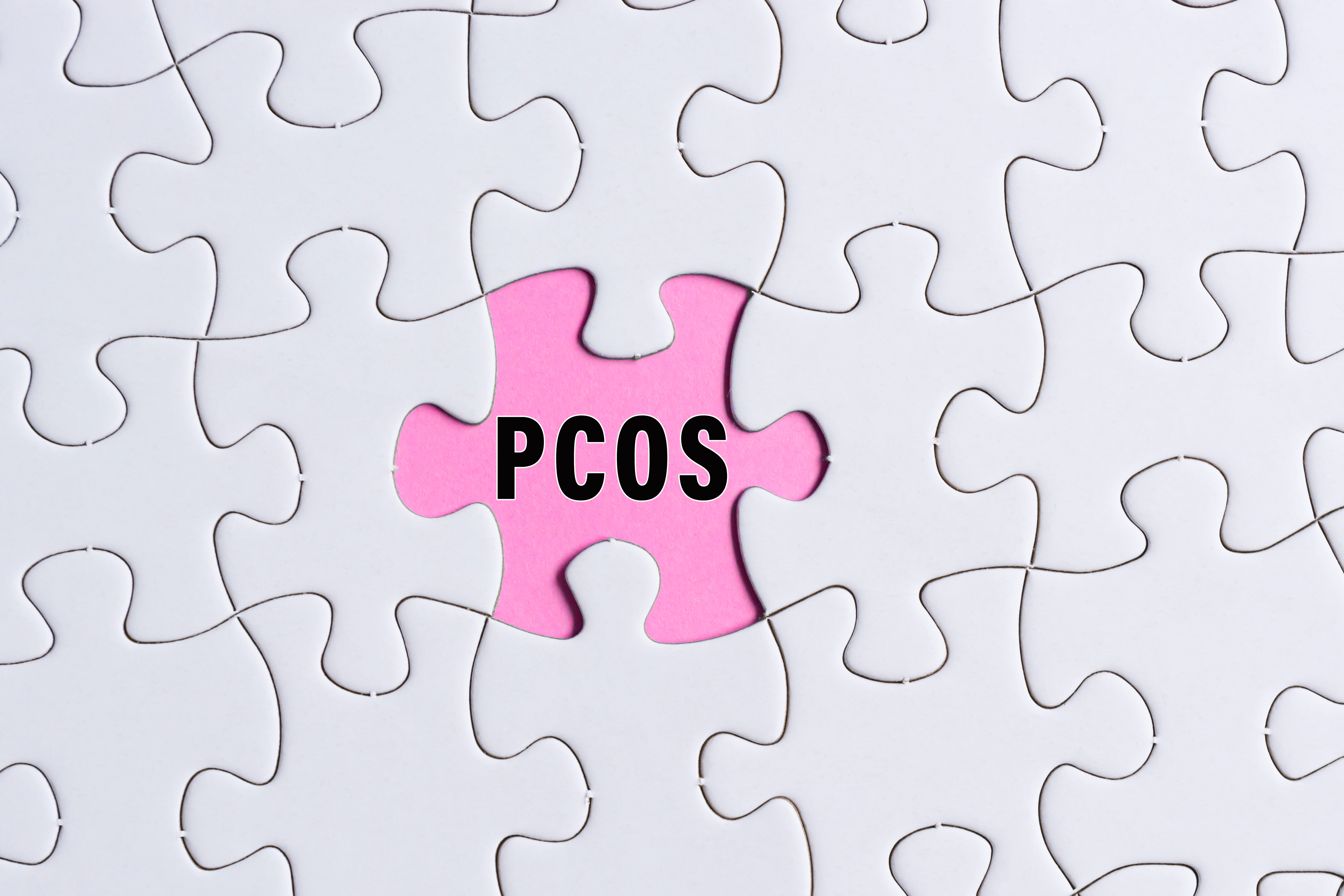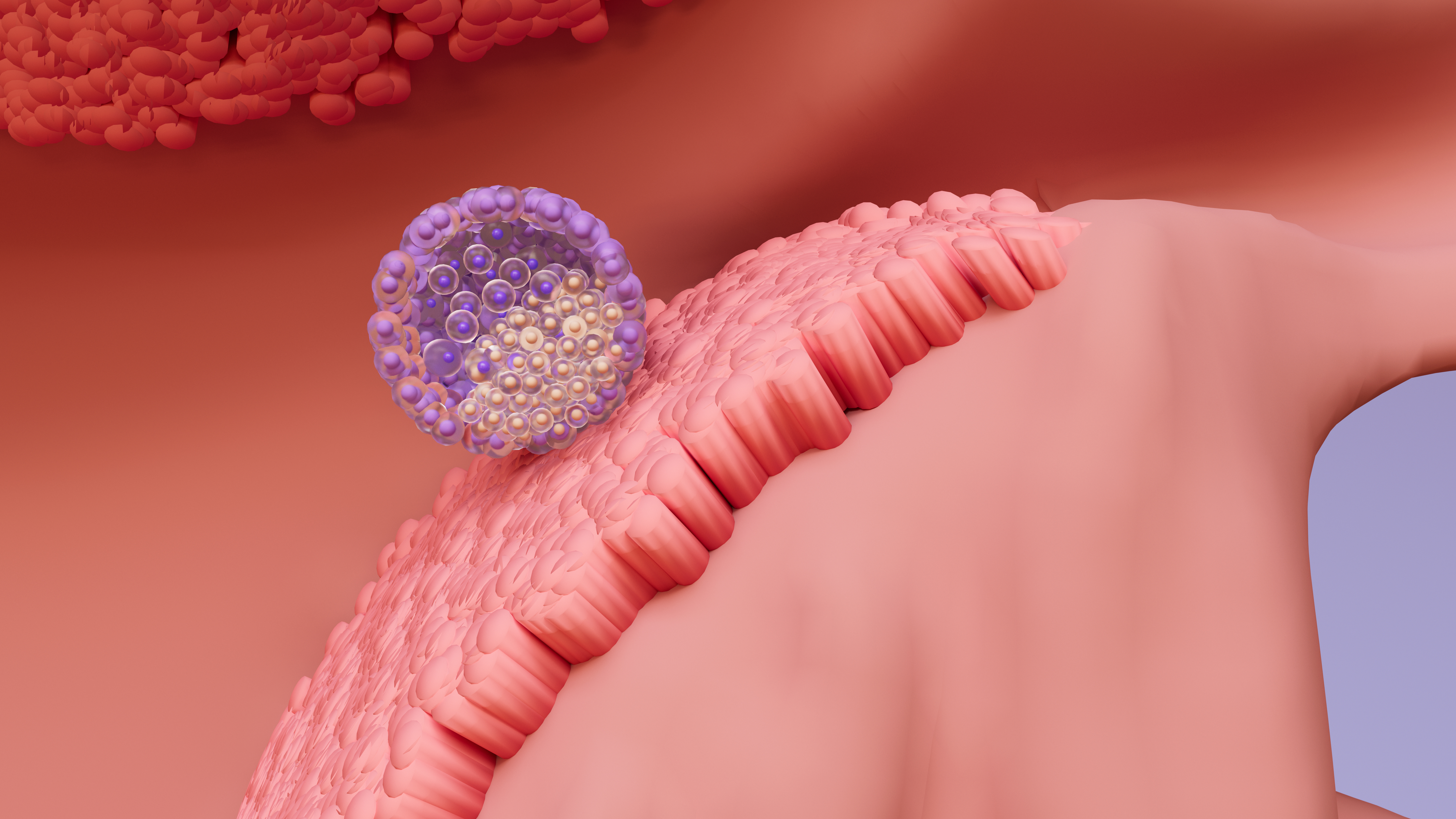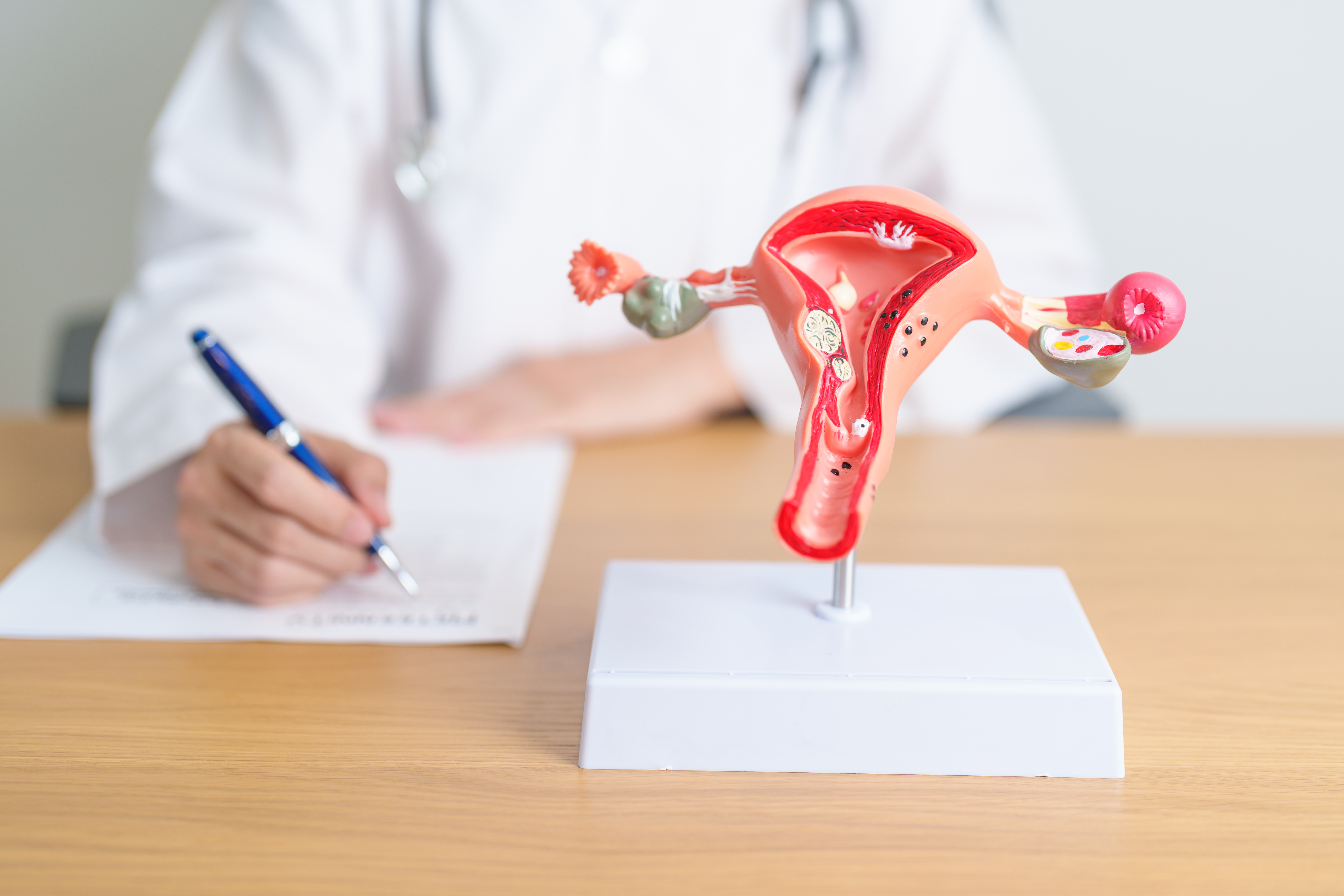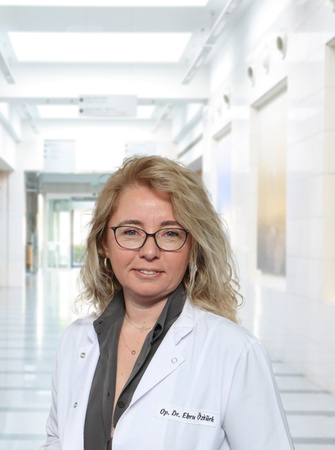
Ebru Öztürk Öksüz
She has been working as a gynecologist and obstetrician at Anadolu Medical Center since 2007.
Speciality
- Infertility treatment
- Assisted reproductive therapies
- Hormone and reproductive disorders
- Pregnancy follow-up and birth
- Diagnosis and treatment of gynecologic diseases
Education
University
Marmara University, Medical School in English, Istanbul 1999
Specialty education
Istanbul University Cerrahpaşa Medical School, Gynecology and Obstetrics Department, Istanbul, 2004
Memorial Hospital, In-vitro Fertilization, Istanbul 2007
Institutions Worked At
-
Ebru Öztürk, MD, Surgeon, respectively worked at Istanbul Üniversitesi Cerrahpaşa Medical School, Meltem Hospital and Memorial Hospital. Öztürk, MD, Surgeon, has been working as a gynecologist and obstetrician at Anadolu Medical Center since 2007.
- Memberships
- Medical Chamber
- TJOD
- Assisted reproductive therapies training certificate, 2006
- Advenced course on perinatal ultrasound, 2001
- Laparoscopy Course, Istanbul University Cerrahpaşa Medical School, Istanbul 2014
- 5 national and international publications
- 10 national and international poster presentations
- 3 International oral presentations
Featured Cancer Articles
- 6 Nutrition Tips for Those Who Fast
- What is Disease X (Virus X)?
- How Does Cancer Form?
- What is an Ovarian Cyst?
- What is Cervical Cancer?
- What Are the Symptoms and Treatment Methods of Testicular Cancer?
- Symptoms, Diagnosis, and Treatment Process of Bladder Cancer
- Liver Cancer
- What is Stomach Cancer? What are Its Symptoms and Treatment?
- Thyroid: What is it, Symptoms, Diagnosis, and Treatment

